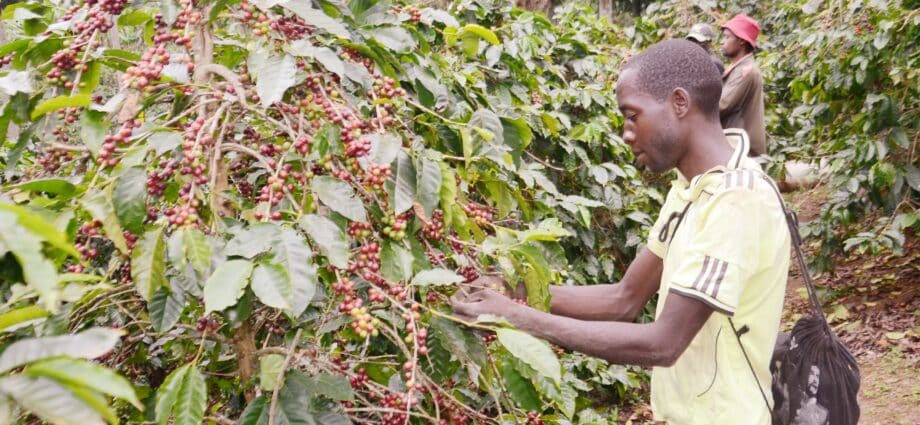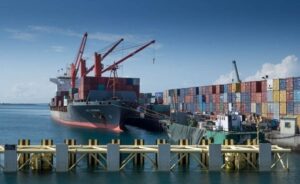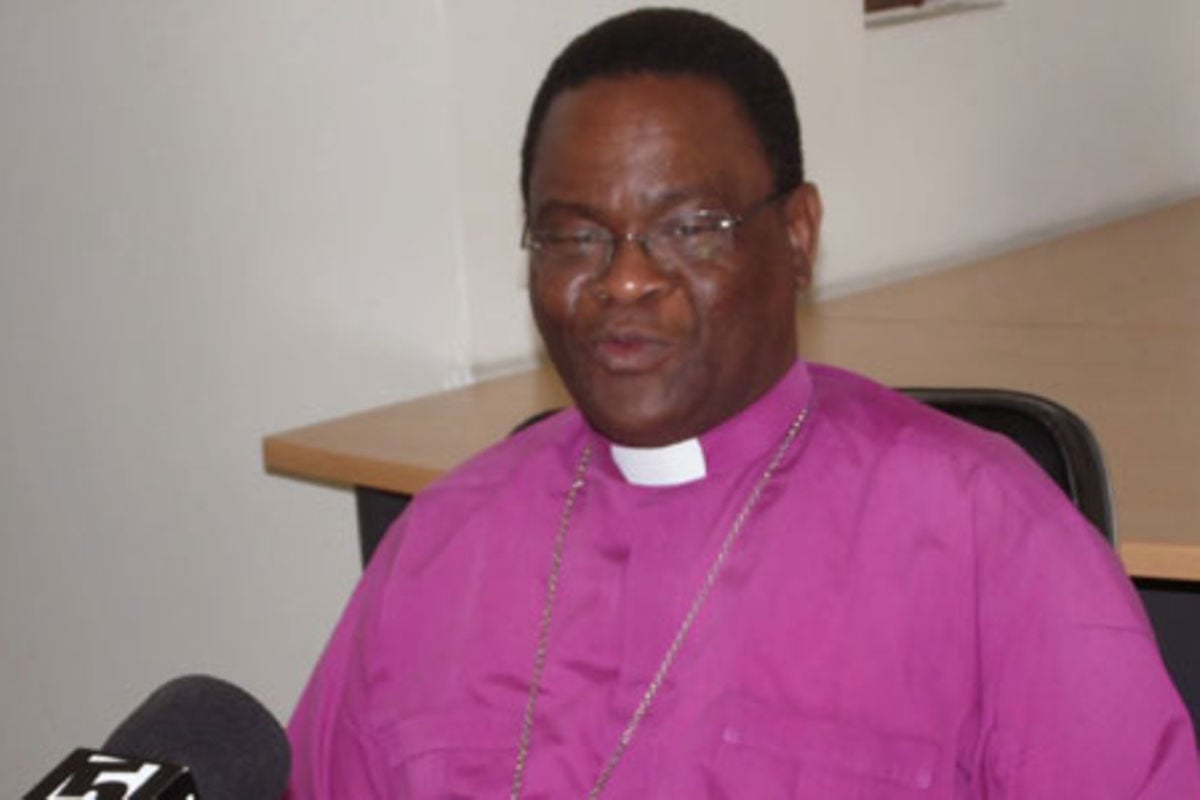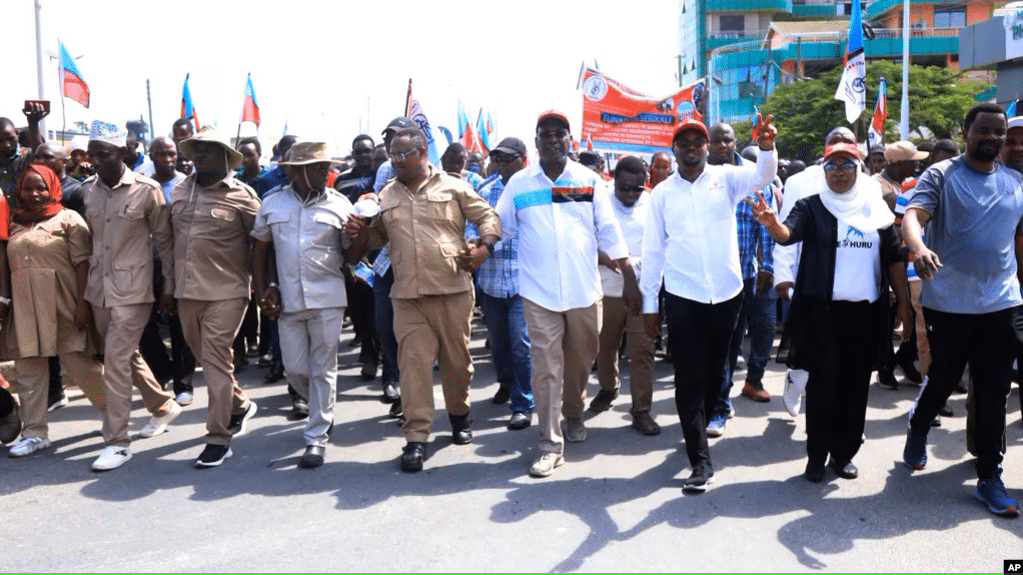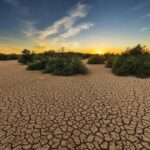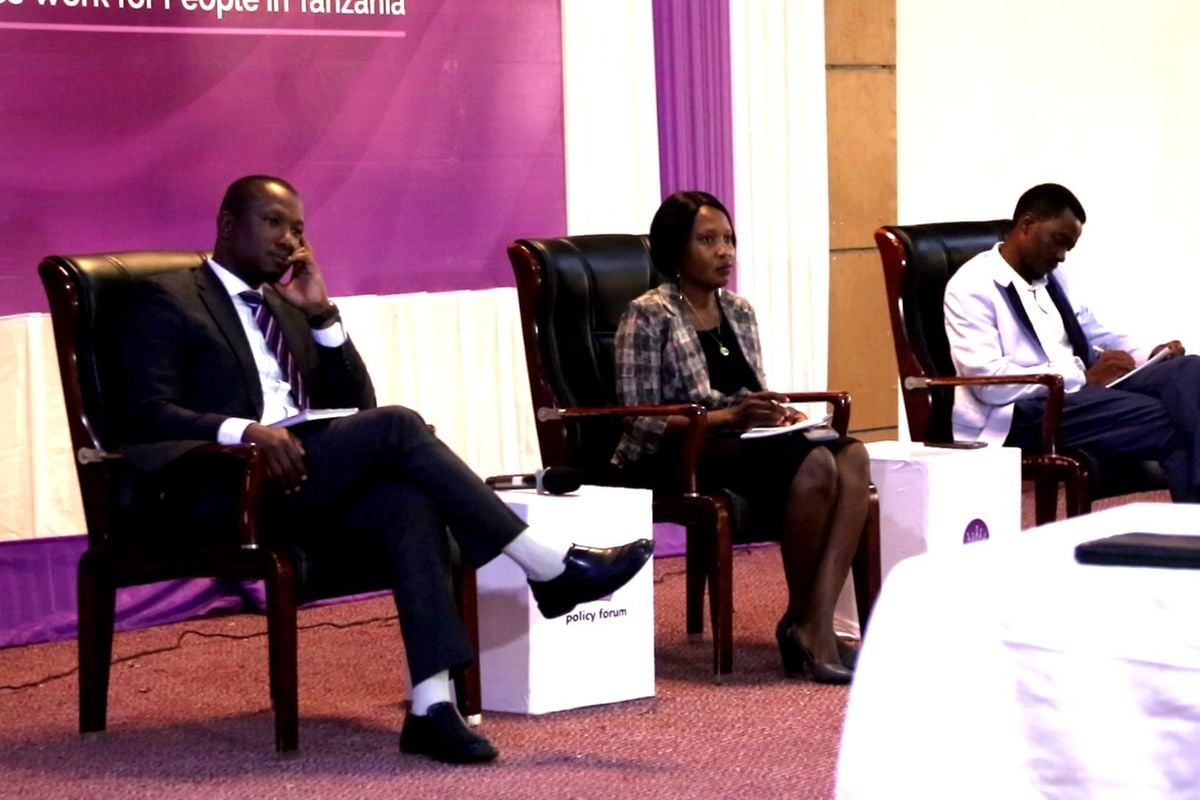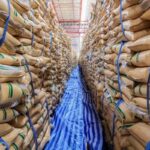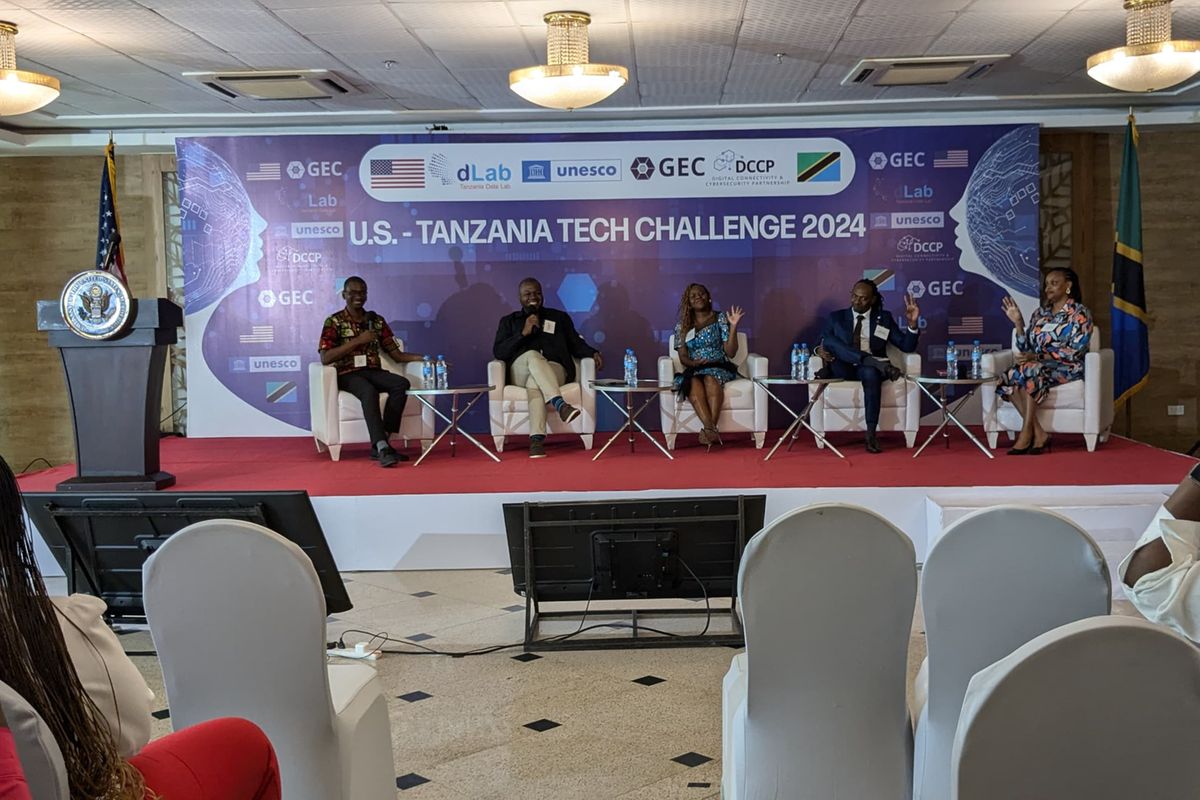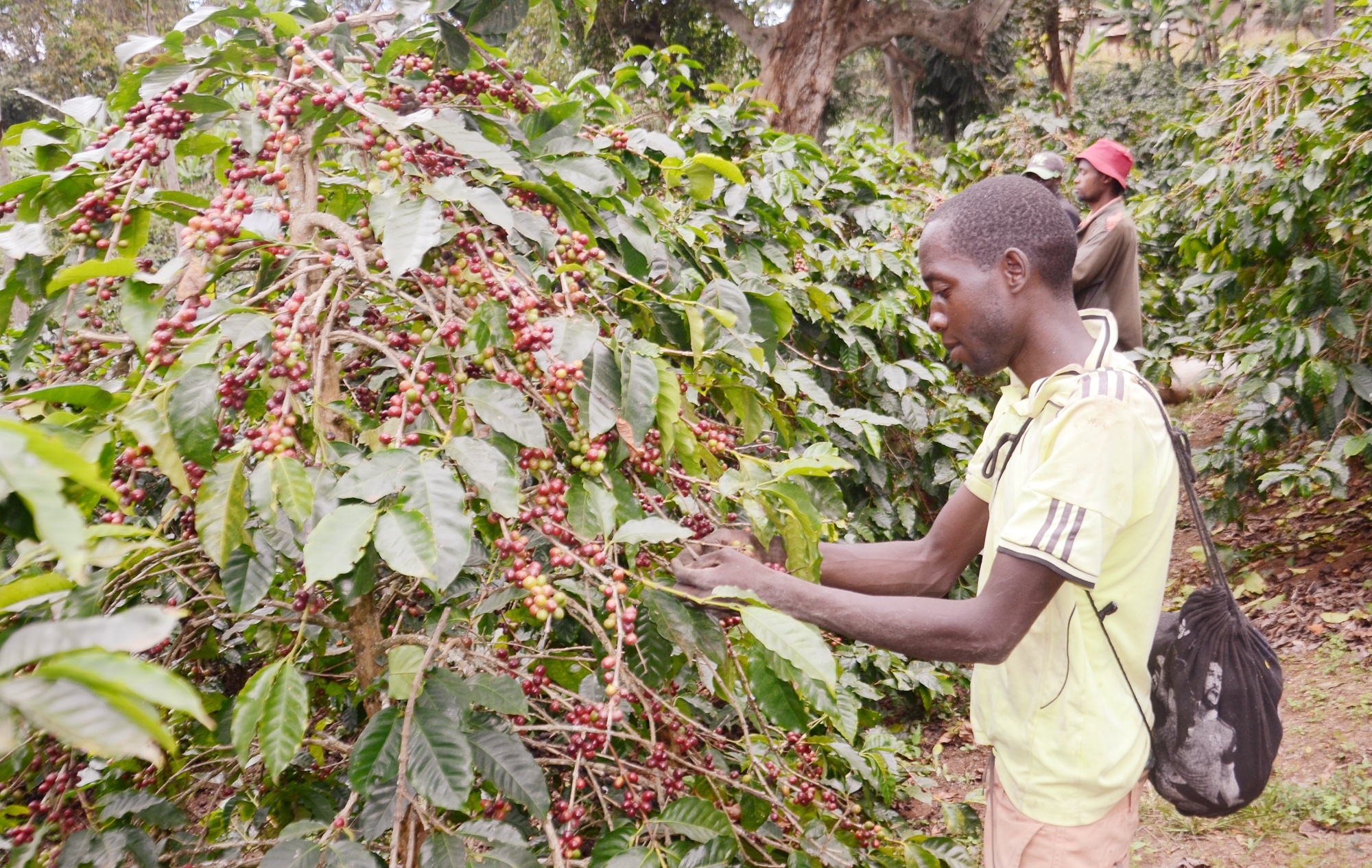
Dar es Salaam. The minister for Agriculture, Hussein Bashe, has called on African coffee-producing countries to enhance value addition in coffee exports to secure a larger share of the $500 billion global coffee market.
Speaking during a press briefing in Dodoma on January 14, 2025, Mr Bashe emphasised the need for strategic reforms to address Africa’s limited earnings from coffee.
Mr Bashe highlighted the disparity in Africa’s coffee trade, noting that the continent earns only $2.5 billion annually from coffee exports while importing $6 billion worth of coffee products.
This imbalance, he said, underscores the economic loss incurred by exporting raw coffee rather than processed products.
For instance, while a kilogramme of raw coffee beans sells for around $2.5, the same amount of roasted, ground, and packaged coffee can fetch up to $40.
“Exporting raw coffee deprives us of the much-needed revenue to strengthen our economies and create jobs, particularly for our growing youth population,” Mr Bashe remarked.
His comments come ahead of the 3rd G25 African Coffee Summit, set to take place on February 21–22, 2025, in Dar es Salaam.
The summit, themed Unlocking Employment Opportunities for Youth Through the Regeneration of the African Coffee Industry, will bring together ministers, government officials, coffee growers, processors, traders, and other stakeholders from across Africa.
Notable participants will include representatives from Tanzania, Kenya, Ethiopia, Uganda, and Nigeria.
A key highlight of the summit will be the launch of the Dar es Salaam Coffee Declaration.
This strategic document, aligned with the 10-Year Comprehensive African Agricultural Development Programme (CAADP) Strategy 2026–2035, aims to enhance Africa’s competitiveness in the global coffee market.
President Samia Suluhu Hassan is expected to address the summit, underscoring Tanzania’s leadership role in advancing the coffee industry.
Mr Bashe explained that the declaration builds on commitments made at the Dakar Summit, where African leaders prioritised food sovereignty and intra-Africa trade.
“We must trade more among ourselves and remove barriers to achieve the real value of our businesses,” he said.
Despite accounting for 50 percent of global coffee production, the G25 countries earn less than five percent of the global coffee trade—a reality Mr.
Bashe attributed to the dominance of raw coffee exports.
He urged African nations to reclaim their position as leaders in the coffee industry by embracing value addition.
“Africa is the birthplace of coffee. We must have pride in our product and ensure it contributes meaningfully to our economies,” he asserted.
Mr Bashe’s sentiments echo those of Ugandan President Yoweri Museveni, who, during the Second G25 African Coffee Summit in Kampala in August 2023, stressed the importance of processing raw materials before export.
President Museveni argued that value addition would not only increase Africa’s revenue but also create jobs and boost the continent’s economic potential.
“What would the USA, Europe, or Asia lose if Africa sold added-value coffee instead of raw beans? We could earn more money and create more jobs,” said President Museveni.
He emphasised that processing raw materials such as coffee, copper, and gold could generate higher purchasing power for Africa, enabling the continent to tackle challenges such as energy deficits.
“Money from added value means more purchasing power, and Africa will benefit from global affluence,” President Museveni added, highlighting the link between value addition and economic independence.
The upcoming Dar es Salaam Coffee Declaration is expected to serve as a catalyst for change, setting actionable goals to transform the African coffee industry.
By prioritising value addition, the G25 summit aims to unlock the untapped potential of Africa’s coffee sector, create employment opportunities, and strengthen the continent’s position in the global market.
Mr Bashe concluded by urging African countries to capitalise on the summit’s momentum to chart a sustainable path forward.
“The G25 summit and the Dar es Salaam Declaration are not just about coffee. They are about economic transformation, job creation, and ensuring Africa takes its rightful place in global trade,” he said.

